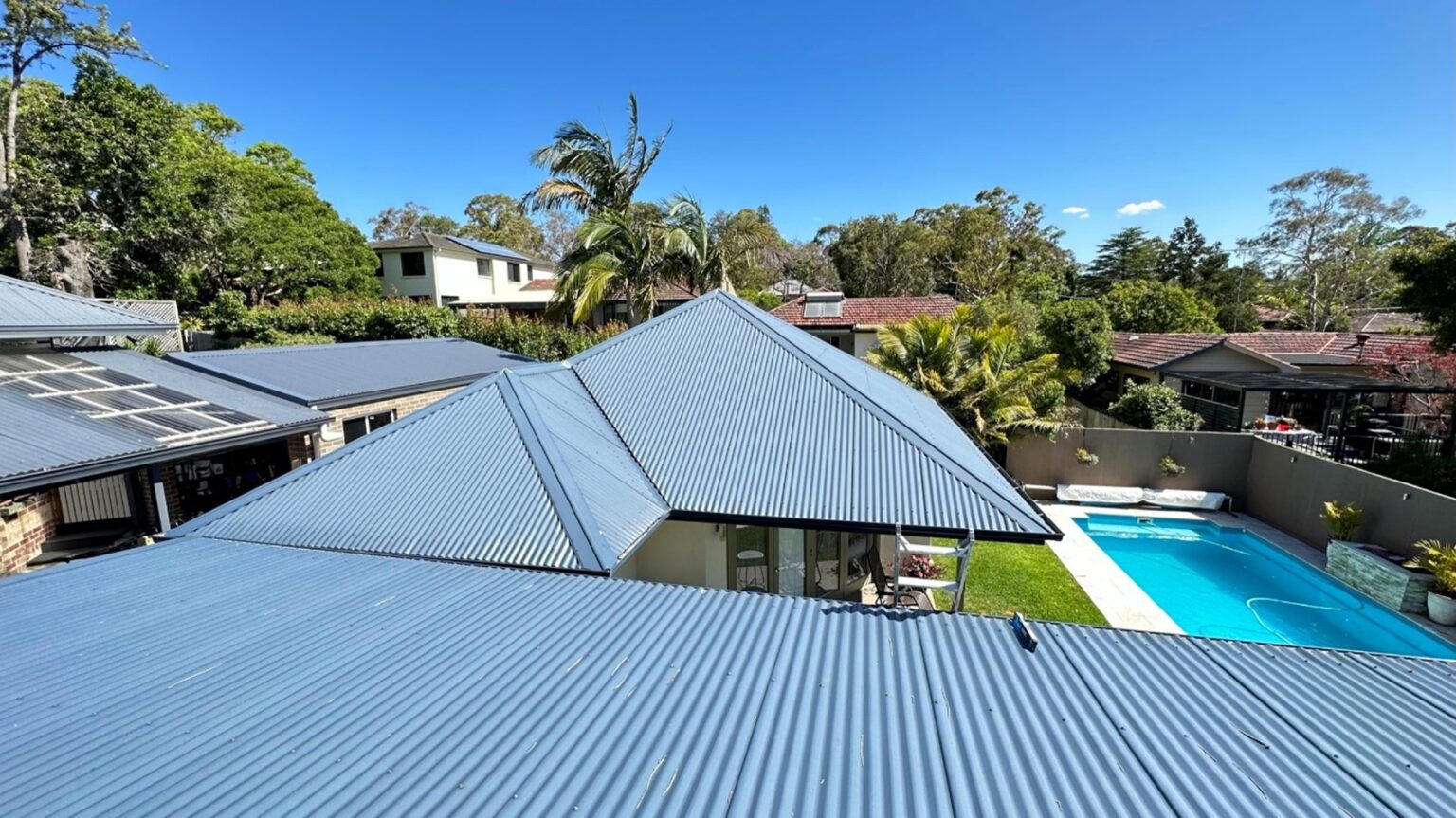
- July 21, 2023
- Effective Building
- 0
The Importance of Pool Inspections for Insurance Claims:
1. Identifying Safety Hazards: Pool inspections play a crucial role in identifying any potential safety hazards or structural issues that may be hidden from the naked eye. From cracks in the concrete to faulty drainage systems, these inspections can help pinpoint areas that require immediate attention to prevent accidents and minimize liabilities.
2. Compliance with Regulations: Insurance companies often require proof of regular pool inspections to ensure that your pool adheres to local safety regulations. By conducting inspections, you demonstrate your commitment to maintaining a safe pool environment, which can potentially lower your insurance premiums.
3. Protecting Your Investment: A pool is a significant investment, and regular inspections can help safeguard that investment. By detecting minor issues early on, you can address them promptly and prevent them from escalating into costly repairs or even total pool replacement.
4. Peace of Mind: Knowing that your pool has been thoroughly inspected by professionals gives you peace of mind, allowing you to enjoy your pool activities without unnecessary worry. It assures you that all necessary safety measures have been taken, reducing the risk of accidents or structural failures.
How to Empty a Pool Without Damaging It:
Emptying a pool requires careful consideration and proper techniques to avoid potential damage. Here are some key steps to follow:
1. Consult with Experts: Before emptying your pool, it is advisable to consult with pool professionals or building consultants who specialize in pool maintenance. They can provide guidance tailored to your specific pool type, size, and construction, ensuring that the process is carried out safely.
2. Adjust Water Levels Gradually: To minimize stress on the pool’s structure, gradually lower the water levels over a period of time instead of draining it all at once. This gradual approach helps maintain the balance of external and internal pressures on the pool walls.
3. Consider Hydrostatic Pressure: Depending on your pool’s location and the groundwater levels in your area, hydrostatic pressure can be a concern. Installing hydrostatic relief valves or using well-point systems can help manage the pressure and prevent damage to the pool’s structure during the emptying process.
Conclusion:
Regular pool inspections for insurance claims are vital for maintaining a safe and durable pool environment. By identifying potential hazards and ensuring compliance with regulations, inspections not only protect your investment but also provide peace of mind. Additionally, emptying a pool without causing damage requires proper techniques and expert guidance. Contact Effective Building and Consultancy at 02 9613 3353 or email us at service@effectivebuilding.com.au today. Don’t wait until it’s too late – prioritize pool inspections and maintenance for a worry-free pool experience.
Remember, when it comes to pool safety, prevention is key!
A property inspection is an excellent step in purchasing a new property during a transaction. Most buyers don’t know what Read more
Rezoning is rezoning a parcel of property from one kind to another, such as industrial to residential. Land zones govern Read more
According to Murphy's Law, whatever may go wrong, will go wrong. Even with a well-thought-out building plan, anything can and Read more





